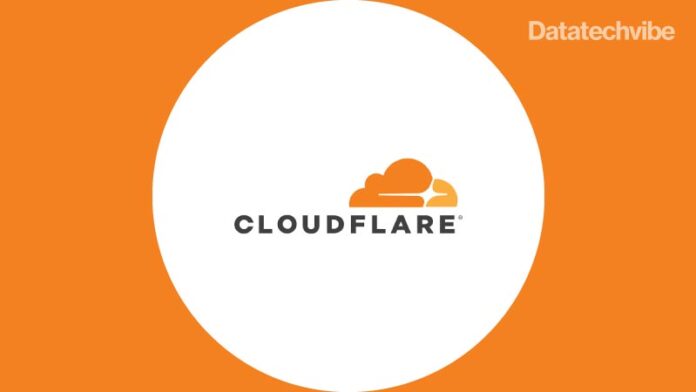Any developer will be able to write, run code and easily transfer it between Cloudflare Workers, Deno, and Node.js seamlessly
Cloudflare announced that it is collaborating with Deno and individual core contributors of the Node.js open source project, bringing together three of the largest JavaScript environments to give developers flexibility and choice while creating the future standards of edge computing. By collaborating around a common set of standards, the effort will ensure that code developed in one environment will work in another.
Any developer will be able to write and run code conforming to the set of standards and easily transfer it between Cloudflare Workers, Deno, and Node.js seamlessly and without the need to rewrite an application.
“Cloudflare Workers has helped to define the standard for edge computing. Since 2017, more than 450,000 developers have built on Cloudflare’s developer platform and more than three million applications have been launched. But we know we’re not going to be the only ones. We think that standards are important to driving the industry forward. That’s why we’re proud to be working with these other organisations in the server-less computing space to help define the standard for an edge, which we believe will be the standard by which the future applications are developed,” said Matthew Prince Co-Founder and CEO, Cloudflare.
Cloudflare, Deno, and Node.js represent three of the largest JavaScript environments available to developers today. With this effort, developers will benefit from common standards, so they can efficiently work across all environments based on the needs of their business and have confidence that their code will work for users today, and in the future.
The Web-interoperable Runtimes Community Group is working with leading organisations including NearForm and Vercel to ensure that developers’ voices were heard in creating a new community group working within existing standards bodies.









